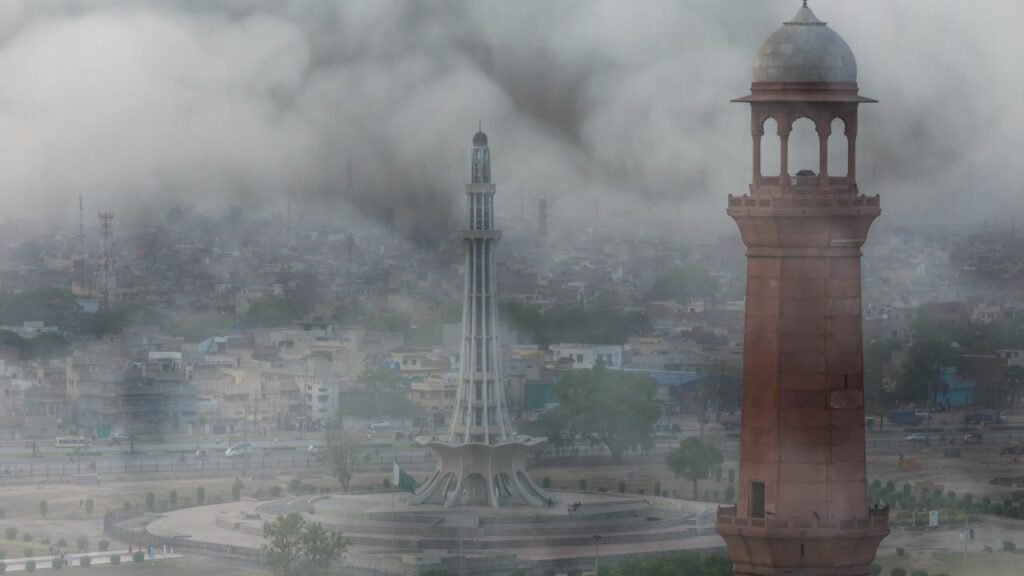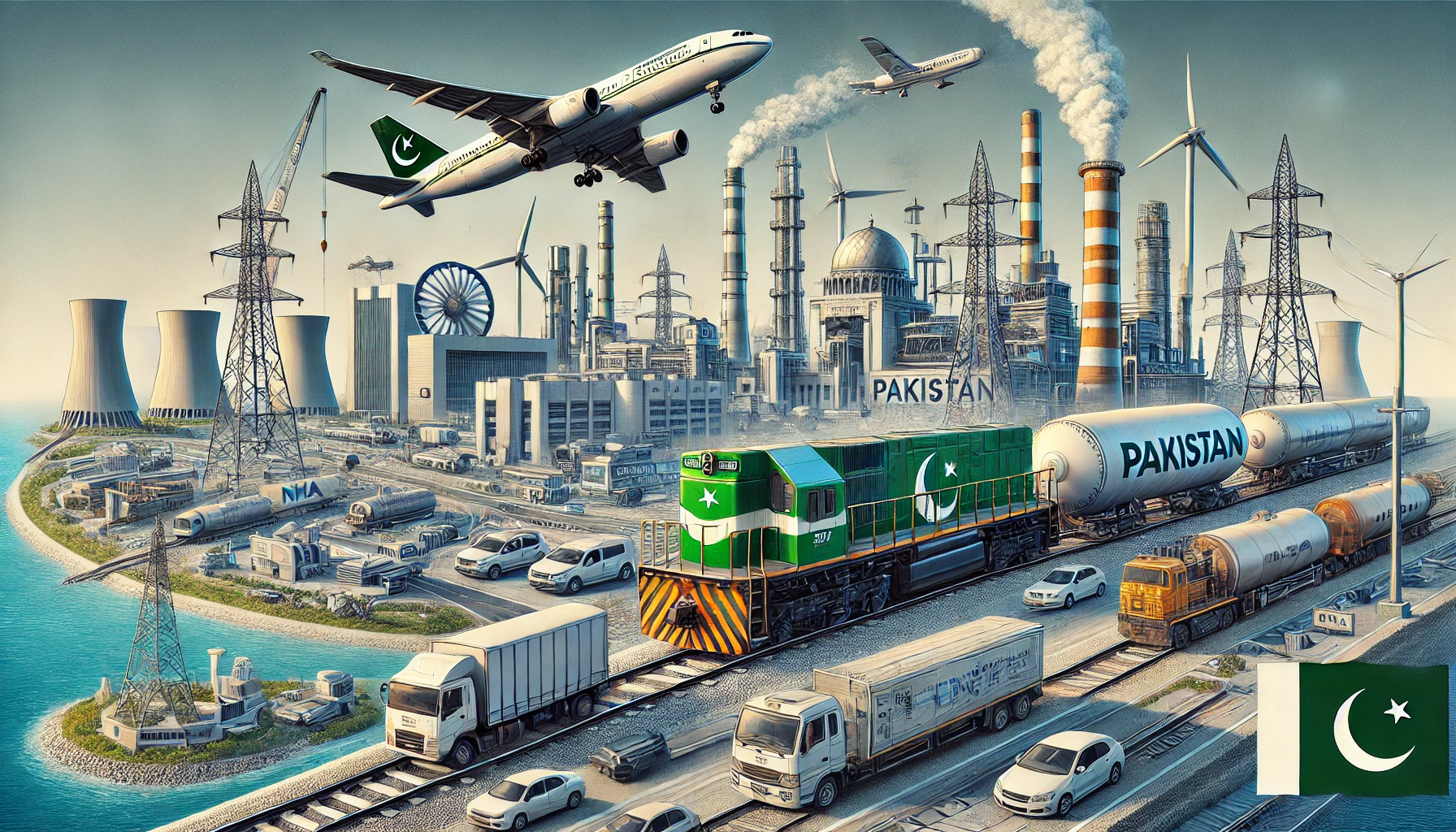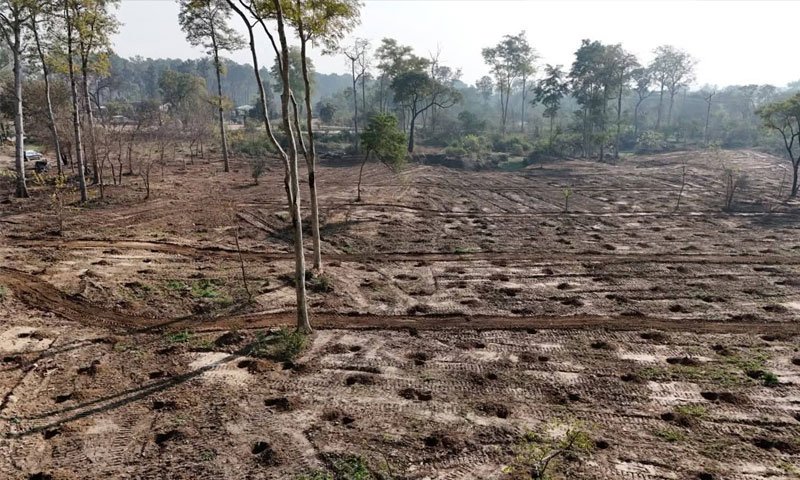Pareeshe Fatima
Women harassment is a broad term that encompasses any unwanted or unwelcome sexual behaviour, verbal or physical conduct, or gesture of a sexual nature, or any other behaviour of a sexual nature that might reasonably be expected or be perceived to cause offence or humiliation to another1. Women harassment can occur in various settings, such as the workplace, public spaces, educational institutions, and online platforms. Women’s harassment can have negative impacts on women’s physical, mental, social, and economic well-being, as well as their human rights and dignity.
Women harassment is a serious and pervasive problem in Pakistan, where women face various forms of violence and discrimination based on their gender. According to the 2017-2018 Pakistan Demographic and Health Survey, 28 per cent of women aged 15 to 49 had experienced intimate partner violence in their lifetimes1. Moreover, women are often subjected to harassment by strangers, colleagues, employers, relatives, and even state officials. Some of the common forms of women harassment in Pakistan include:
Forced marriage: This is a practice where women are coerced or pressured into marrying someone against their will, often by their families or communities. Forced marriage can involve threats of violence, abduction, deception, or manipulation. Forced marriage can violate women’s rights to consent, autonomy, education, health, and safety.
Honour killings: This is a form of violence where women are killed by their family members or relatives for allegedly bringing shame or dishonour to the family name. Honour killings can be motivated by various factors, such as refusing a forced marriage, seeking a divorce, having a relationship outside marriage, being raped, or being accused of adultery.
Acid attacks: This is a form of violence where women are attacked with acid or other corrosive substances that cause severe burns and disfigurement. Acid attacks can be motivated by jealousy, revenge, rejection, or personal disputes. Acid attacks can have devastating consequences for women’s physical and mental health, as well as their social and economic opportunities.
Domestic violence: This is a form of violence where women are abused by their intimate partners or family members within the household. Domestic violence can include physical, sexual, psychological, or economic abuse. Domestic violence can affect women’s health, safety, self-esteem, and freedom.
Workplace sexual harassment: This is a form of harassment where women are subjected to unwanted sexual advances, requests for sexual favours, or other sexual conduct by their employers, co-workers, clients, or customers in the context of work. Workplace sexual harassment can create an intimidating, hostile, or offensive work environment that affects women’s performance, productivity, career advancement, and income.
Public harassment: This is a form of harassment where women are harassed by strangers or acquaintances in public spaces such as streets, markets, parks, transport systems, or monuments. Public harassment can include verbal abuse, catcalling, groping, flashing, stalking, or assault. Public harassment can make women feel unsafe, humiliated, or violated in their daily lives.
Online harassment: This is a form of harassment where women are harassed by anonymous or known perpetrators through the internet or social media platforms. Online harassment can include cyberstalking, cyberbullying, trolling, hacking, doxing, revenge porn, or blackmail. Online harassment can damage women’s reputations, privacy, security, and mental health.
Please, subscribe to the website of republicpolicy.com
To control women’s harassment socially, culturally, economically, and administratively and for the development and growth of women in Pakistan, the following measures may be taken by the social and governmental institutions in Pakistan.
Socially, there is a need to raise awareness and educate society about the causes and consequences of women’s harassment and the rights and responsibilities of both men and women. There is also a need to challenge the patriarchal norms and values that justify and perpetuate violence and discrimination against women. Moreover, there is a need to support and empower the survivors of women’s harassment by providing them with legal aid, counselling, shelter, and rehabilitation services.
Culturally, there is a need to promote a culture of respect and equality between genders and to celebrate the diversity and achievements of women in various fields. There is also a need to discourage the practices and traditions that violate women’s dignity and autonomy, such as forced marriage, honour killings, and acid attacks. Furthermore, there is a need to encourage the participation and representation of women in cultural activities, events, and media.
Economically, there is a need to ensure equal access and opportunities for women in education, employment, entrepreneurship, and decision-making. There is also a need to protect the rights and interests of working women by enforcing laws and policies that prevent and address workplace sexual harassment. Additionally, there is a need to provide financial assistance and incentives for women who are affected by violence or discrimination.
Administratively, there is a need to strengthen the legal framework and institutions that deal with women’s harassment cases. There is also a need to enhance the capacity and accountability of law enforcement agencies, judiciary, and civil society organizations that are involved in the prevention and response to women’s harassment. Furthermore, there is a need to monitor and evaluate the implementation and impact of the existing laws and policies on women harassment.
Developmentally, there is a need to recognize and acknowledge the potential and contribution of women to the social, economic, and political development of the country. There is also a need to invest in the health, education, and empowerment of women as a means to achieve sustainable development goals. Moreover, there is a need to involve and consult women in the planning and execution of development projects and programs that affect their lives and well-being.
Therefore, women’s harassment is a genuine challenge to Pakistani state and society. There should be no denying the fact. Accordingly, the legal, cultural and administrative rights of women in Pakistan must be protected and executed.
Please, subscribe to the YouTube channel of republicpolicy.com















